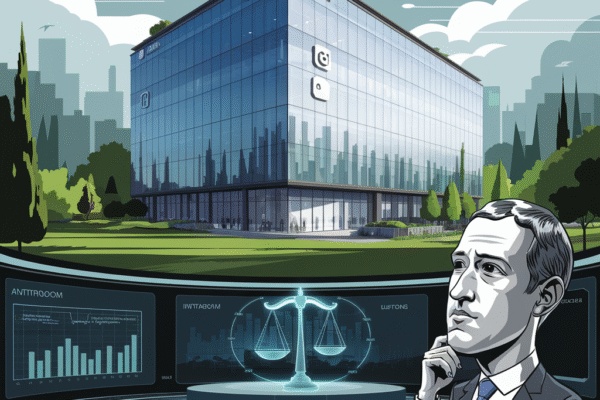- Competitive Landscape: Roche CEO Thomas Schinecker urges regulators to block Novo Holdings’ $16.5B acquisition of Catalent, citing concerns over reduced competition and potential negative impacts on innovation, drug availability, and pricing in the pharmaceutical industry.
- Antitrust Scrutiny: The deal faces intense regulatory scrutiny from antitrust authorities like the FTC and EU Commission, who must assess whether it would significantly reduce competition and harm consumers and smaller pharma companies.
- Historical Precedents: Previous high-profile mergers, such as Pfizer-Allergan, were blocked due to antitrust concerns, highlighting the regulatory challenges large pharma deals face. However, Roche has navigated such landscapes successfully in the past.
- Market Reactions: Stock markets have reacted cautiously, with industry analysts monitoring the situation closely. Consumer advocacy groups have urged the FTC to intervene, citing potential harm to competition in weight loss drugs and gene therapies.
- Consolidation Trend: The Novo-Catalent deal is part of a broader consolidation trend in the pharmaceutical industry, but not all significant alliances have been blocked, as seen with the AstraZeneca-Alexion merger.
- Competitive Advantage: If the deal is approved, Novo Nordisk would gain control over three Catalent facilities responsible for filling injection pens, potentially limiting the competitive landscape for companies like Amgen, Pfizer, and Roche working on obesity treatments.
- Stakeholder Perspectives: While Novo Holdings defends the acquisition as “pro-competitive,” Roche and other industry players remain skeptical. Investors, consumers, and healthcare advocates advocate for robust competition to ensure innovation and affordability.
- Alternative Strategies: If blocked, Novo and Catalent may explore partnerships with other CMOs or invest in internal manufacturing capabilities to maintain competitive positioning.
- Regulatory Implications: Preserving competition among CMOs could benefit smaller pharmaceutical companies and consumers by maintaining diverse manufacturing options and driving innovation.
- Future Outlook: As the pharmaceutical industry evolves, ensuring vibrant competition will be crucial for driving innovation and affordability in drug development and production, underscoring the need for careful regulatory scrutiny of large-scale mergers.
Roche vs. Novo-Catalent Deal: Shaping Pharma’s Competitive Future





